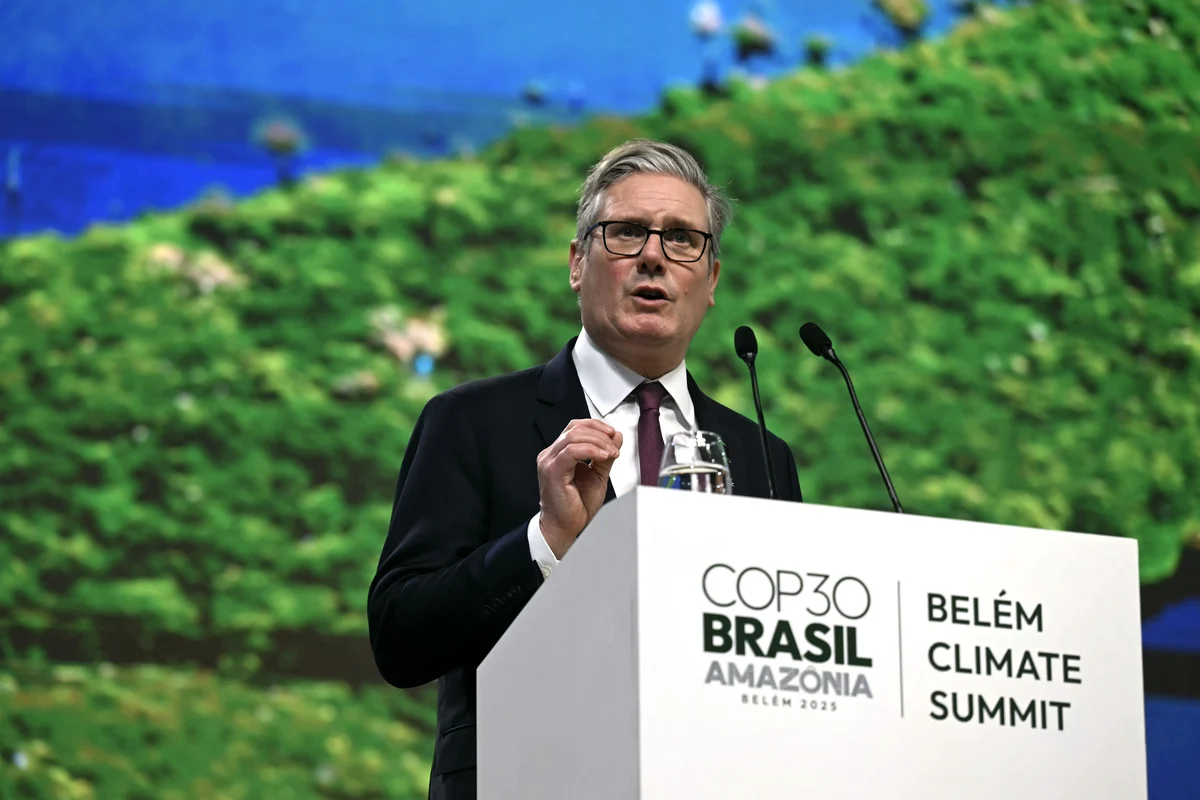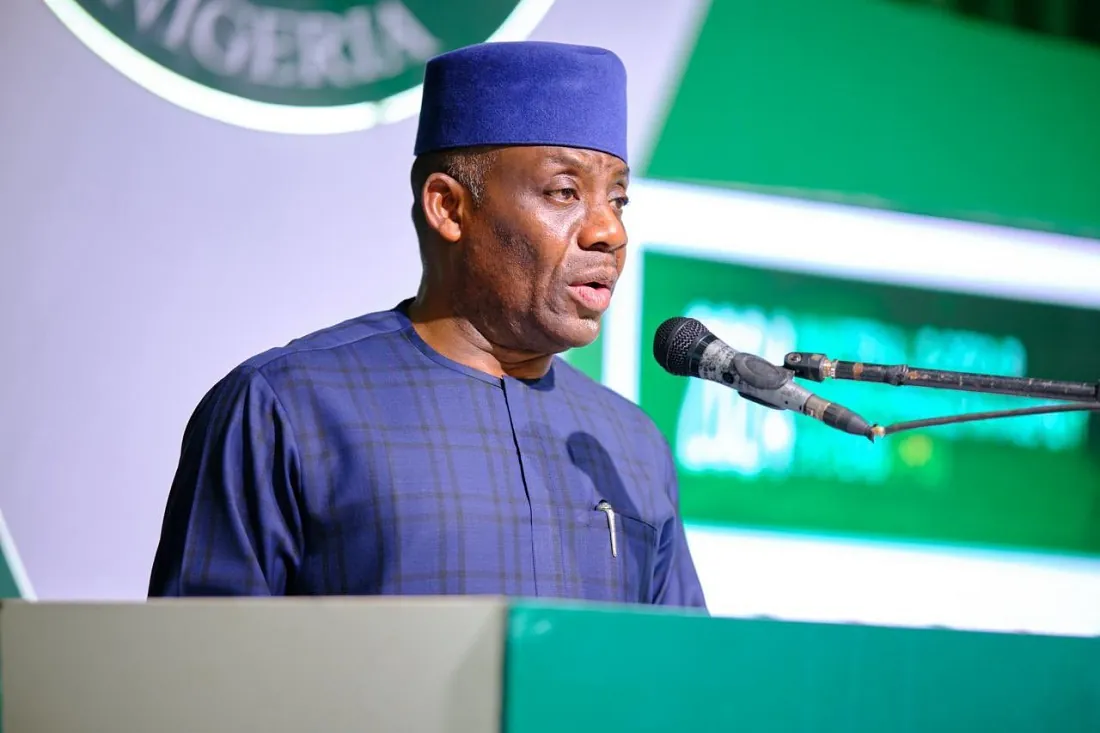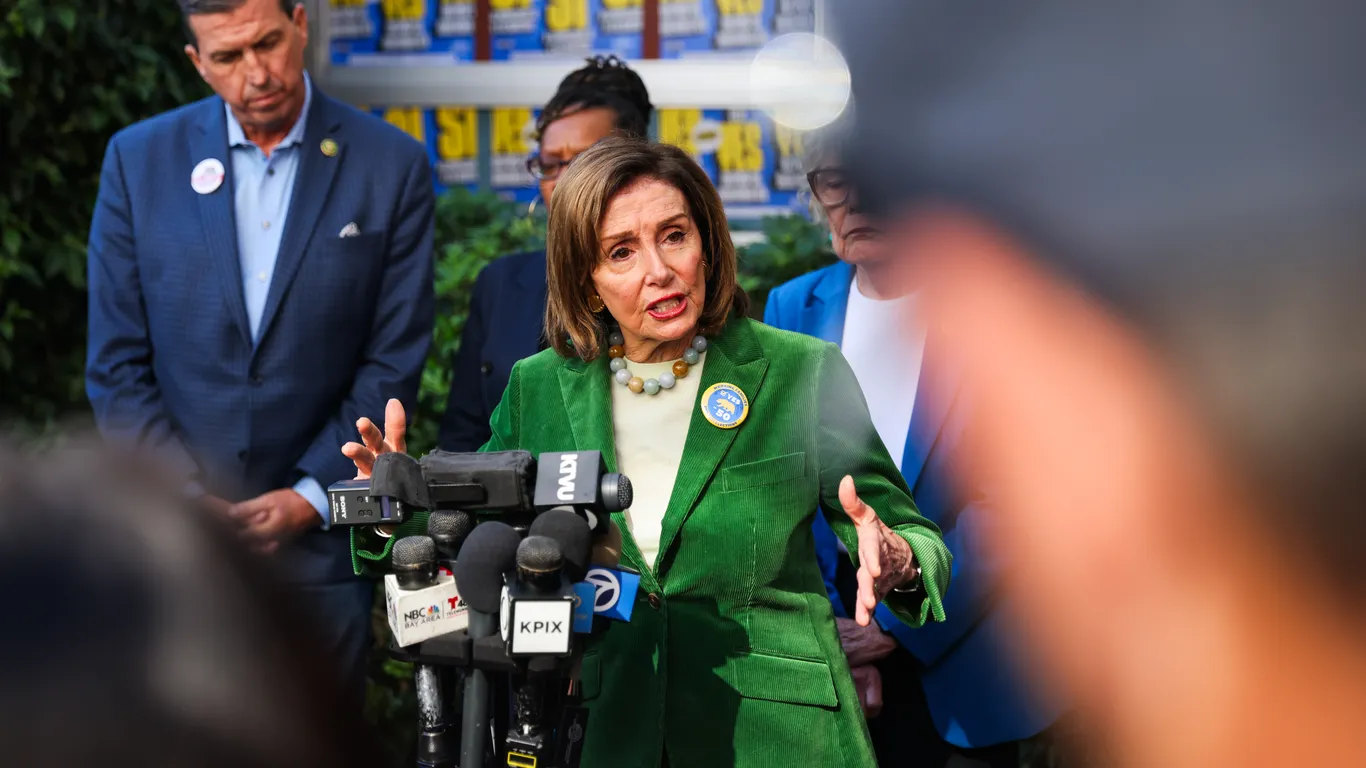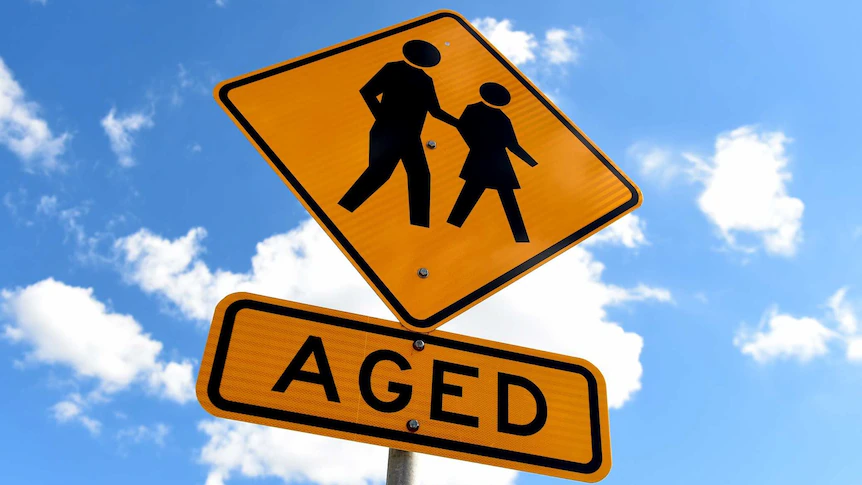Copyright standard

The latest UN climate talks kick off this week with countries hoping to drive forward action in the face of a major breakdown in global consensus. World leaders, including Prime Minister Sir Keir Starmer, gathered in Brazil ahead of the opening of Cop30 negotiations on Monday in the city of Belem in the Amazon. With the shift towards clean energy progressing at different rates across the world, negotiators will focus on how to accelerate the transition, deliver on commitments to cut planet-warming emissions and boost adaptation to the changing climate. By hosting the summit at the mouth of the Amazon River, Brazil also hopes to put nature at the heart of talks so that its role in scaling up climate resilience and solutions is meaningfully recognised in the final agreement. But many countries, including the UK, are bracing to defend multilateralism itself as geopolitical divisions continue to deepen, especially over commitments to phase out fossil fuels. This year, negotiators are grappling with the fallout from the election of US President Donald Trump, who began his second term this year by backing fossil fuels and ditching green policies. Mr Trump is also pulling America out of the 2015 UN Paris Agreement for the second time, marking a significant setback for the global framework that committed countries to pursue efforts to limit dangerous warming to the key threshold of 1.5C above pre-industrial levels. The US president snubbed the leaders’ summit last week, as did leaders from China and India, and his administration is not expected to send any high-level representatives to Cop30. Concerns remain that the US will still seek to frustrate the talks after it helped to derail a landmark deal to cut global shipping emissions in London last month. At the same time, Cop30 begins in the wake of deadly weather events which experts say were intensified by global warming. This includes Hurricane Melissa, which devastated Jamaica last month, wildfires in Los Angeles which destroyed entire neighbourhoods, widespread droughts across South America and floods in Pakistan which left millions homeless. Last year was the warmest on record globally as climate change was compounded by the El Nino weather phenomenon and UN scientists recently warned that 2025 is on track to be the second or third warmest. The World Meteorological Organisation (WMO) said it was “virtually impossible” to curb global warming to 1.5C in the next few years without temporarily overshooting the threshold, beyond which extreme weather events as well as threats to ecosystems, human health and food security significantly increase. However, it is “still entirely possible and essential” to bring temperatures down to the goal by the end of the century, the WMO said. Under current policies in place, the world is facing long-term global warming of 2.8C, according to the UN Environment Programme (UNEP). In a speech in Brazil on Friday, the Prime Minister admitted that “consensus is gone” in the UK and conceded that global unity in the face of “unequivocal” science has splintered since the Paris Accord a decade ago. Yet the UK was “doubling down on the fight against climate change”, Sir Keir said as he staunchly defended his Government’s clean energy policies despite pressure from Mr Trump, who has repeatedly criticised Britain’s green agenda. Following his speech, the Prime Minister’s efforts to show leadership on climate action were somewhat dampened by backlash to the Government’s decision not to invest in a Brazilian-led rainforest fund, which the UK played a key role in establishing. The British delegation is understood to be going into the talks with a strategy focused on accelerating the implementation of climate action as well as defending multilateralism and the Paris Agreement from the direct attacks it now faces. Under the accord, governments set out country-level action plans, known as nationally determined contributions (NDCs), to meet the agreed targets through actions such as reducing emissions from activities such as burning fossil fuels and creating or restoring habitats such as forests to capture carbon. Countries were supposed to submit updated NDCs covering emissions cuts for the 2025-2035 period by September 30. Only a third have put forward their updated plans so far, with the majority of countries missing the deadline, which had already been extended from February. UNEP last week warned that countries are off-track even for their older 2030 NDCs, let alone new 2035 targets. With more NDCs expected to be unveiled in Belem, the world will be waiting to scrutinise the plans as negotiators discuss how to accelerate the rollout of measures they outline. Elsewhere, Cop30 could bring a package of announcements on nature initiatives, carbon markets, nature finance and a set of initiatives around different parts of the energy mix, with the Brazilian hosts very focused on biofuels. Talks will also focus on measures to tackle nitrogen emissions and cut down on methane as a “handbrake” to warming in the near-term, as well as the viability of the £300 billion that wealthy countries pledged in finance for developing economies at Cop29 last year.



